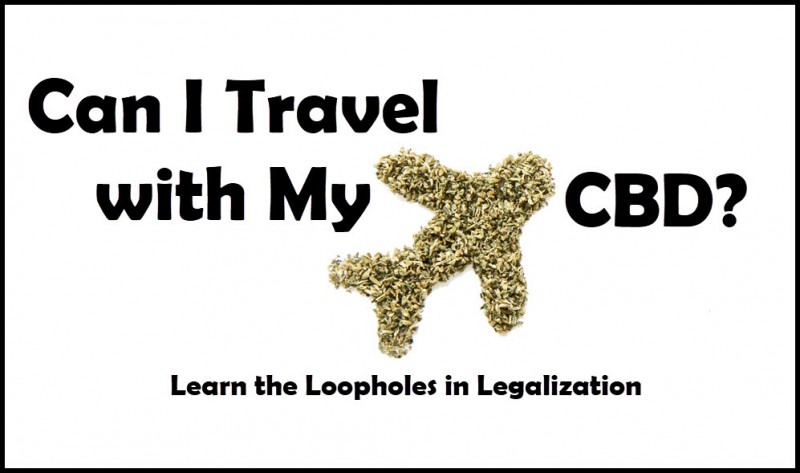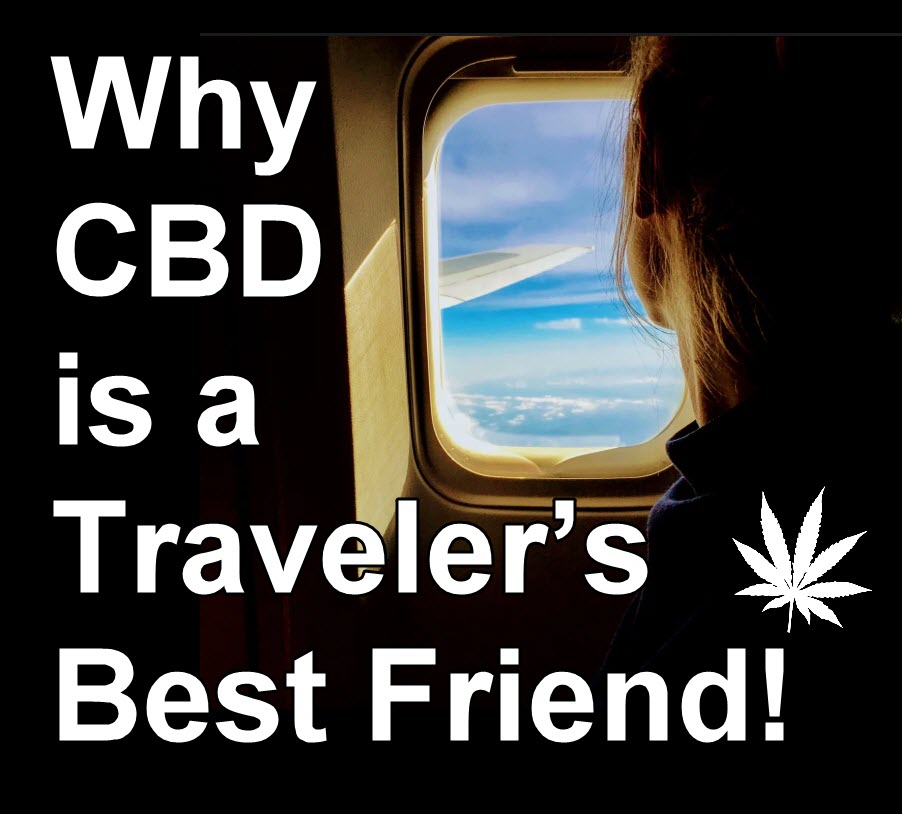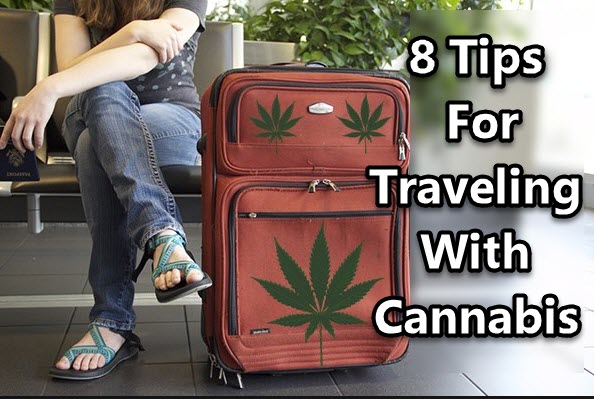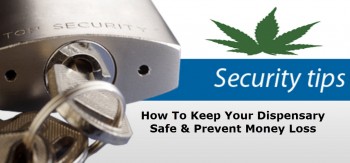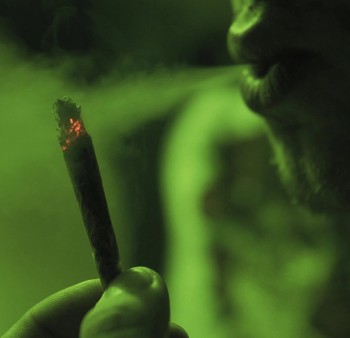Can you travel with CBD? Learn the loopholes in legislation
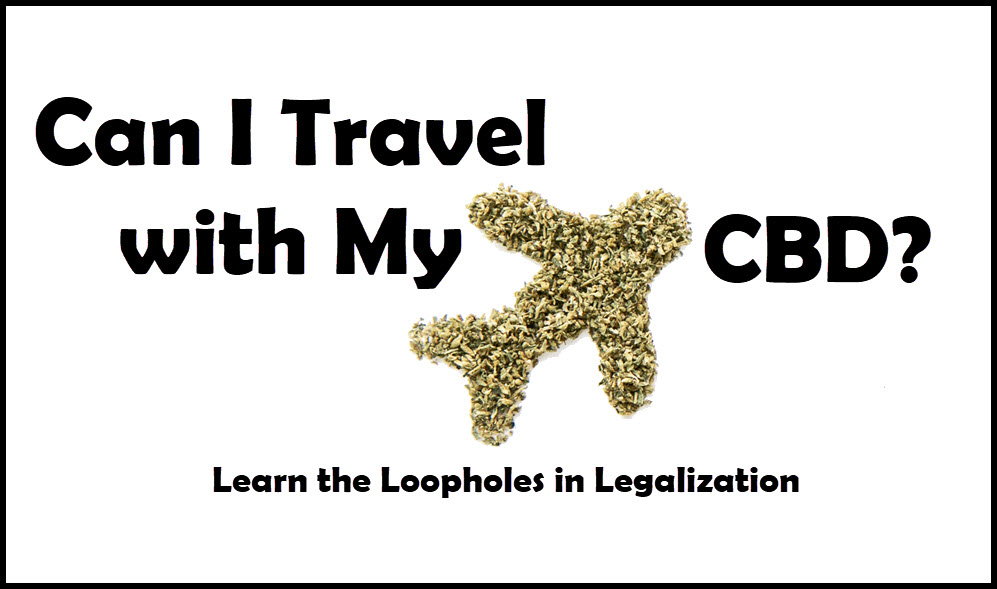
In the last few years, CBD’s popularity has skyrocketed. These days, you’ll find it in everything from fast food to skin care. Due to its availability in cities across the United States, many travelers don’t think twice to travel with it. After all, after the 2018 Farm Bill was passed last December, hemp-derived CBD became legal in all 50 states. At least on paper. However, due to the lack of federal regulation concerning CBD, laws on traveling with it can be murky.
On the TSA website, it states: “Marijuana and certain cannabis infused products, including some Cannabidiol (CBD) oil, remain illegal under federal law except for products that contain no more than 0.3 percent THC on a dry weight basis or that are approved by FDA. (See the Agriculture Improvement Act of 2018, Pub. L. 115-334.) TSA officers are required to report any suspected violations of law to local, state or federal authorities.”
In addition, TSA’s screening procedures are focused on security and are designed to detect any potential threats to aviation and passengers, which means they’re not exactly looking for your CBD or even marijuana. But if they do come across it, they’re obligated to turn it over to authorities. That’s where the murkiness of the law comes into play. If they do find your CBD, due to the lack of FDA regulation, it’s hard to determine whether the product actually has the approved amounts of THC, even though it may be labeled.
As of yet, the only FDA-approved CBD product is Epidiolex, which helps treat epilepsy in children. The federal government still hasn’t implemented the new official rules and regulations surrounding hemp that were stipulated in the Farm Bill; those will only be put into practice at the end of 2019, putting CBD in a sort of regulatory limbo until then.
Another thing to keep in mind, TSA officers aren’t all updated with current regulations. Some may be more knowledgable about the law than others. For this reason, it’s really up to the discretion of the attending TSA officer. Sometimes—as has been the case for a number of people who’ve been arrested for carrying CBD oil—you’re not so lucky, even though other people have been able to travel with it with no problems.
Be sure to familiarize yourself with the laws of the state(s) you’re traveling to, especially ones that have been known to come down hard on people found with CBD oil, like Texas, Idaho, Nebraska, and South Dakota. Even though the Farm Bill covers all 50 states, lawmakers from these states are known for their anti-cannabis stance, which only fuels confusion for law enforcement.
If you have to travel with CBD, always remember to have the necessary paperwork and product information with you in case you do get questioned. Make sure the CBD you have contains little to no traces of THC. In fact, it’s probably best to err on the side of pure in this case. Although a product may say it’s THC-free, you can’t be entirely sure unless you actually have the test results in your hands. Make sure you’re buying from reputable sources. In one study done on CBD products bought online, one out of five tested high for THC content, more than what was specified on their labels and, in some cases, even high enough to cause impairment, and in states where recreational marijuana is still illegal, that can definitely get you arrested.
So when is the FDA going to start regulating CBD products?
Although the agency is currently knee-deep in research, there’s still no telling when they’ll start rolling out regulations on CBD products. Currently, the agency is working to learn more about the safety of CBD products, specifically the effects of cumulative exposure on the body and its effects on special populations (elderly, children, adolescents, pregnant women, animals). They’re also making sure that products do not contain any contaminants such as pesticides or heavy metals.
The agency also has to work with other federal agencies during this whole process, including the Drug Enforcement Administration (DEA) and the National Institute on Drug Abuse (NIDA).
Until the agency is able to answer all its questions regarding the safety of CBD, the popular cannabinoid will continue to be scrutinized by authorities. However, pressure to speed up the FDA’s regulation timeline has been mounting. On October 16, after a few months’ delay, the agency released its latest report on its current findings as well as a number of answers to the many questions posed by consumers, including ones on why the agency has yet to approve CBD products.
However, one question and answer that wasn’t included in the FDA’s website is when exactly it will start approving products. Until then, all people can do is wait, and remember to take precautions when traveling with CBD.
CAN YOU FLY WITH CBD? LEARN MORE...
WHY CBD IS A TRAVEL'S BEST FRIEND, CLICK HERE.
